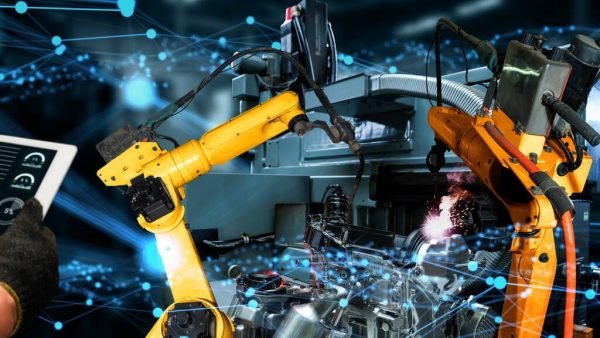Employee training is one of the most crucial factors in the success of any organization. A business, big or small, is as good as its employees. Employee training helps keep your employees up to industry standards while increasing their efficiency and upgrading their skills and performance.
Companies across the globe spend a lot of time, energy, and cash to find out the best training and learning technologies for their employees. A company looking for an affordable and effective LMS will compare Thinkific vs. Kajabi and compare other LMS to get the best out of the lot.
Traditional training has mostly lost its value and is being replaced by e-learning. Another critical transformation in the learning industry is the use of Artificial intelligence. The systematic, traditional, and same for all training programs are of no use today and disturb the learning abilities of your employees.
This leaves a gap between your employee’s skills and those of the employees in other companies. Artificial intelligence plays a tremendous role in leveling up your personnel’s learning. In this article, we read about the role AI plays in employee training.

Table of Contents
Enhances learning
Artificial intelligence enhances the training process by teaching unique and innovative learning methods. It offers hundreds of ways to develop your staff’s skills. The use of augmented reality and the different learning capabilities of AI can be a game-changer for your employees.
Offers personalized training
AI helps to provide customized training to your workforce. By using various machine learning skills, it is equipped to analyze the learning patterns of its users and hence come up with more customized and effective training programs for all.
AI makes training more accessible.
By offering more personalized training to your employees, AI can considerably make your training more accessible by cutting down the training hours. It can decide what to include and what not to include in learning modules of the employees, based on their interests, strengths, and progress. It adapts to the learning disabilities of the employees as well.
Better completion rate
It is evident that if the employees are getting more personalized learning, they will want to attend more training sessions, and the chances of completion of the course increase manifold. AI delivers more acceptable learning materials according to the staff’s preferences and choices.
Better feedback
While online learning has come a long way, we sometimes see biases in various aspects of your employee’s training. For example, the instructors may create a course assessment with questions relating only to a particular subject or field. They may evaluate the learners on their performance, personalities, or another background. AI, on the other hand, has no emotions but only logic at its disposal. It will simply use the available information to recommend the best-suited content and assignments. It is also fairer in tracking the progress of all your employees.
AI assesses the success of your training programs.
After investing so much time, energy, and money in the training, the last thing companies want an inefficient training regime. Here also, AI plays a crucial role by consistently tracking the users’ learning progress and enhancing their skills after undertaking training. It is critical to know all this because only the companies will modify their courses and include or exclude different things in the modules. It is catalytic in increasing efficiency and getting well-learned employees.
The Bottom line
Late Zig Ziglar once said, “The only thing worse than training employees and losing them is not to train them and keep them.” So we can not list the benefits and importance of training your employees most effectively. Artificial intelligence indeed is the most promising way for a company that wants to get the best training practices for its employees. So I believe that AI will transform the learning industry too, just like it has done with other industries.





